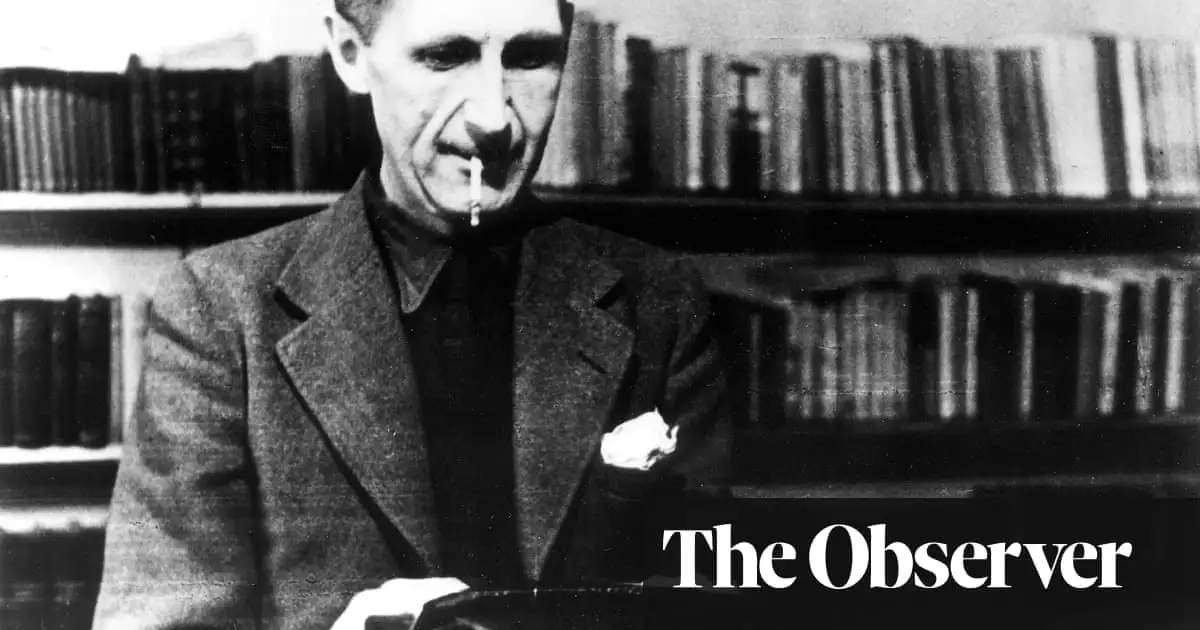- cross-posted to:
- books@lemmy.world
- world@lemmy.world
- cross-posted to:
- books@lemmy.world
- world@lemmy.world
George Orwell’s archives provide an invaluable insight into one of the most influential British writers of the 20th century, casting light on how he produced his most memorable books, his sensitivity to criticism, and his fears that legal threats could ruin his work. Now the treasure trove that is the extensive archive of correspondence and contracts amassed by Orwell’s original publisher, Victor Gollancz, could be scattered to the winds in what has been described as an act of “cultural vandalism”.
Crucial correspondence involving the Nineteen Eighty-Four author and Observer correspondent is being offered for sale on the open market, following a decision in 2018 by the publisher’s parent company to sell the archive because the warehouse was closing.
Richard Blair, 80 – whose father Eric Blair wrote under the pen-name George Orwell – is dismayed by the loss: “It’s terribly sad … Once Gollancz material is acquired by private collectors, it could disappear into the ether for ever.”
…
Rick Gekoski, a leading antiquarian bookseller, was asked to dispose of the archive, which included correspondence with Kingsley Amis and Daphne du Maurier, among other Gollancz authors. Last week, he dismissed criticisms of the disposal as “misguided”, saying: “The whole thing was sanctioned by Malcolm Edwards, publishing director of Orion, and it was sold at the request of the board.” In Gekoski’s 2021 book Guarded by Dragons, he wrote: “No one on the Orion board cared where they went, or to whom.”
He recalled a warehouse full of tens of thousands of volumes as well as dozens of filing cabinets – “rusty and dusty, stuffed with all of the production, editorial and rights files of Gollancz publishers, the vast majority unopened for perhaps 50 years”.
After he tried in vain to sell the entire archive to various institutions for around £1m, it was divided up between dozens of dealers, private collectors and libraries: “All the board asked us to do was to get rid of as much material as possible… and the rest… had to be thrown away.”
Jean Seaton, director of the Orwell Foundation, said: “That nobody had opened those filing cabinets for 50 years was because they were idiots and didn’t understand the archive’s value. Why didn’t their board consult experts and historians, who would have understood that they needed perhaps to make some revenue from it, but would have understood the real public worth? Instead, they have dispersed a national archive.”

